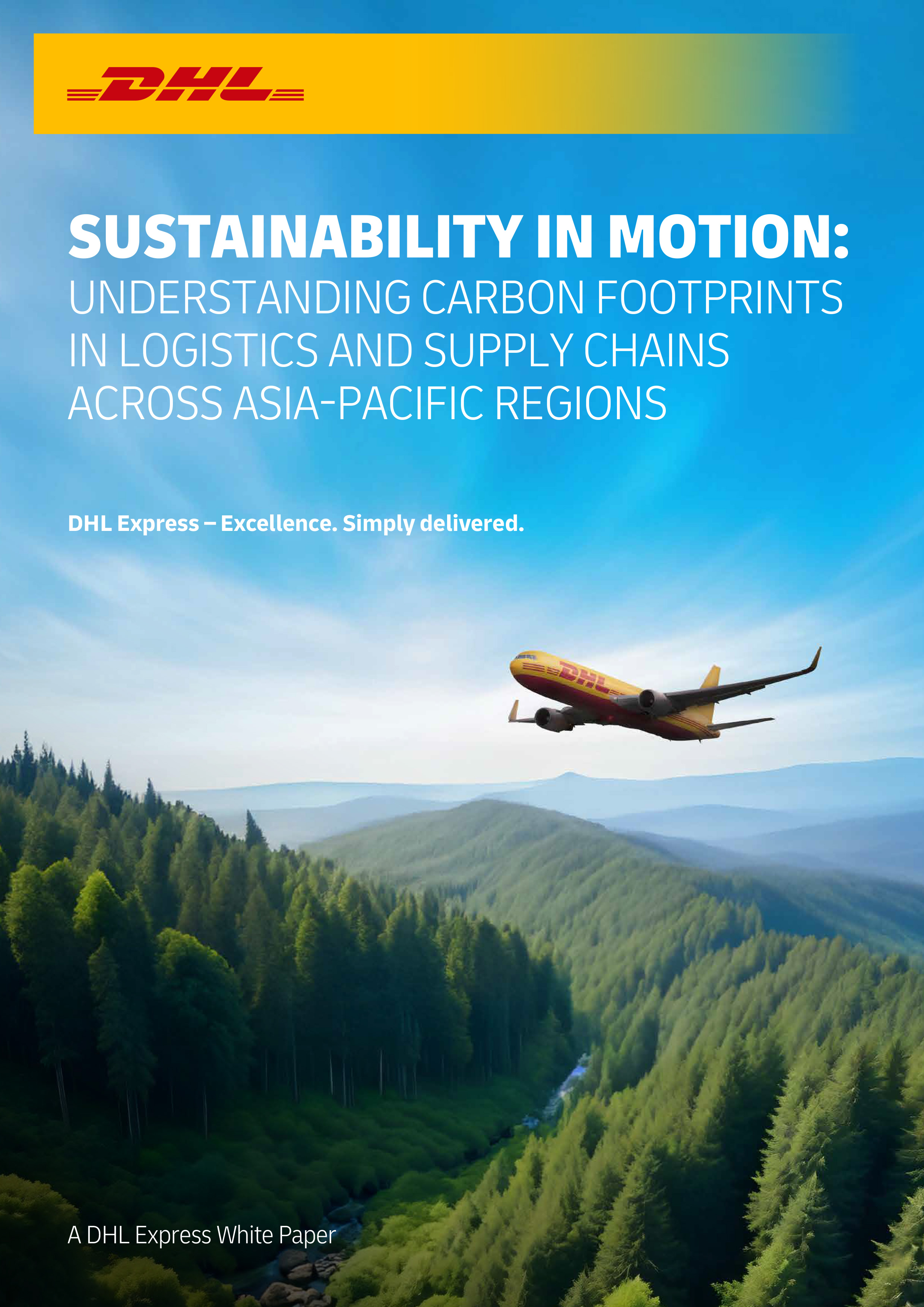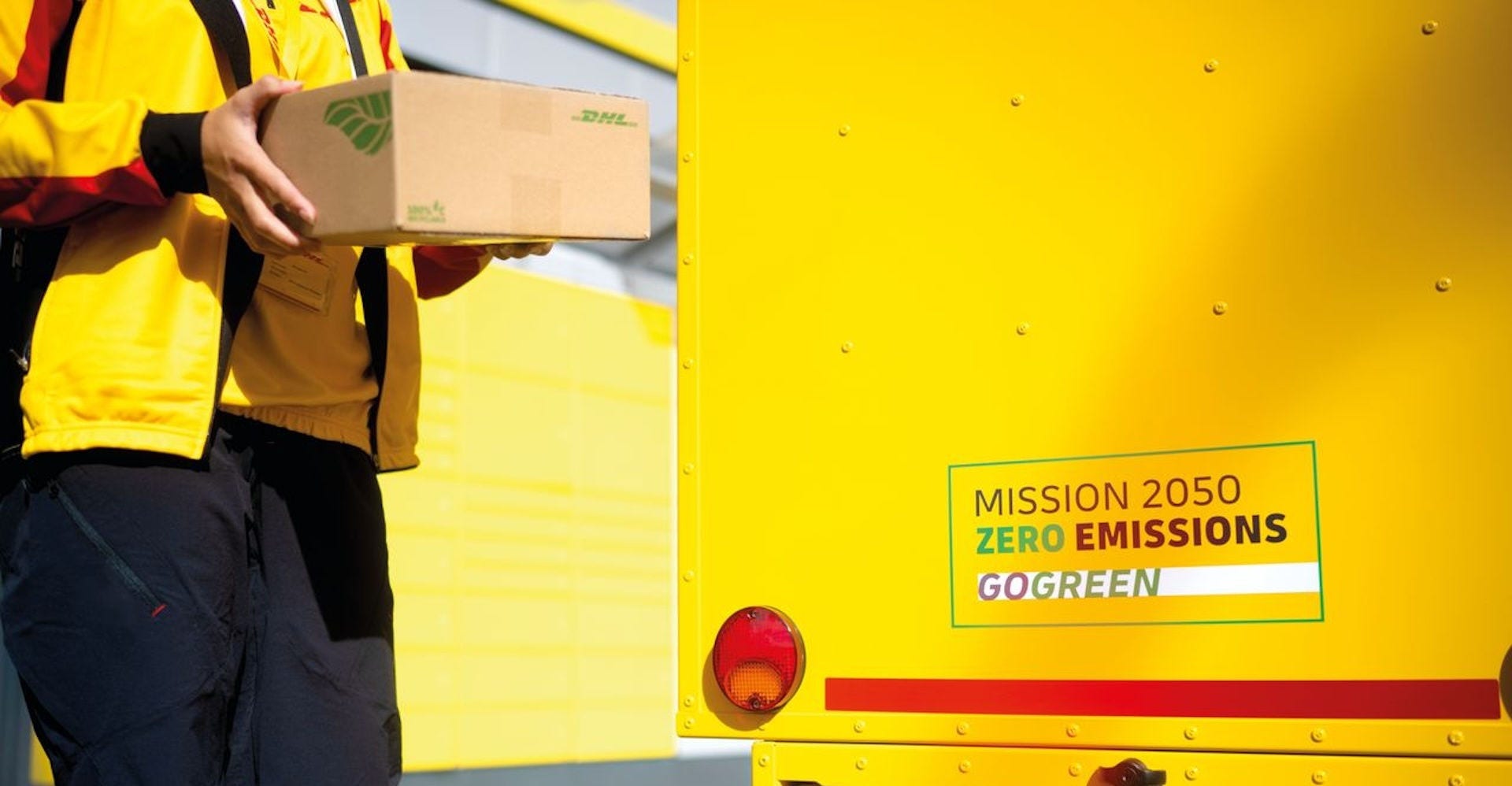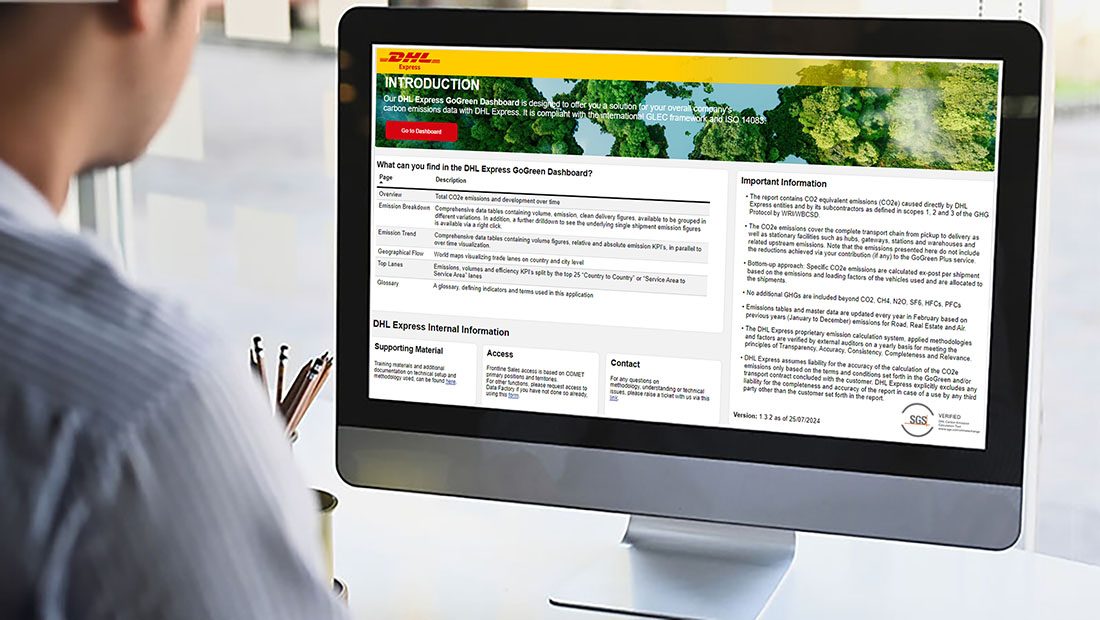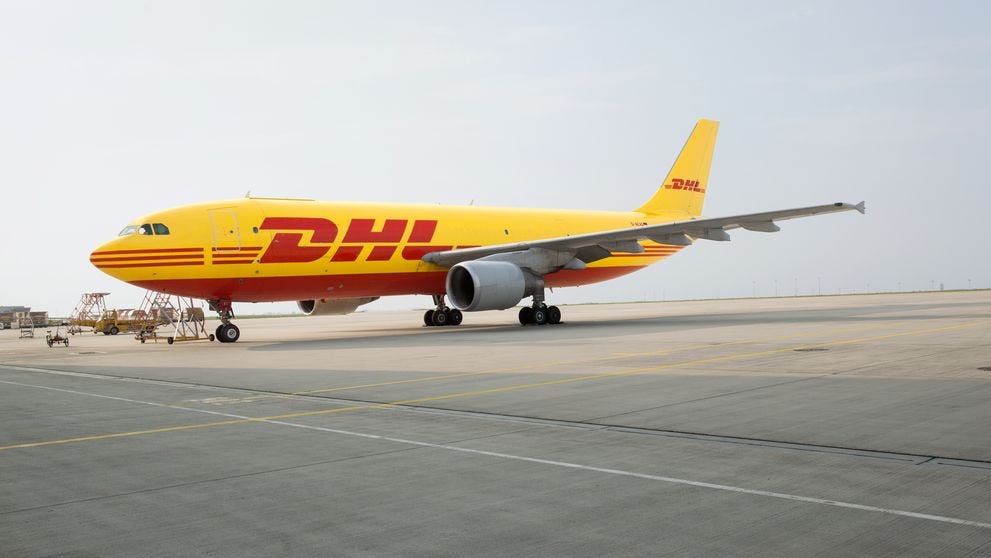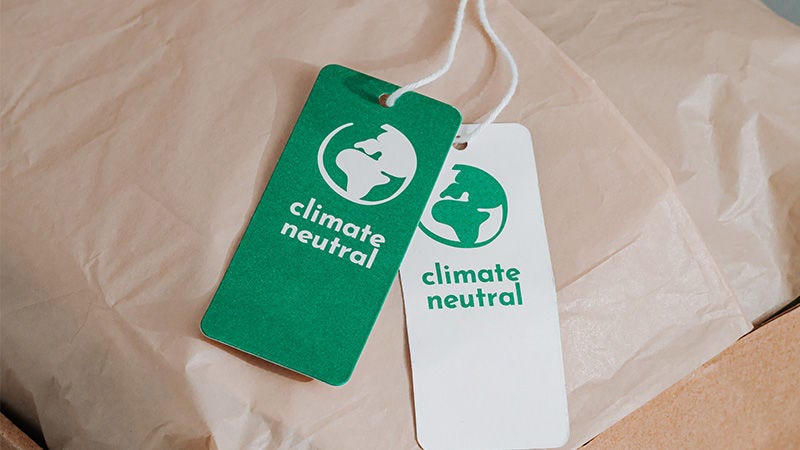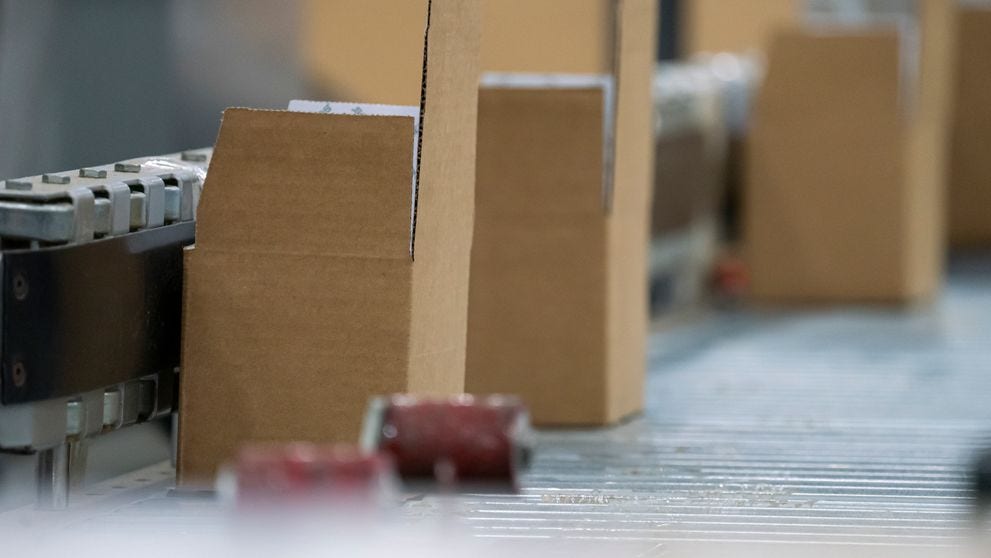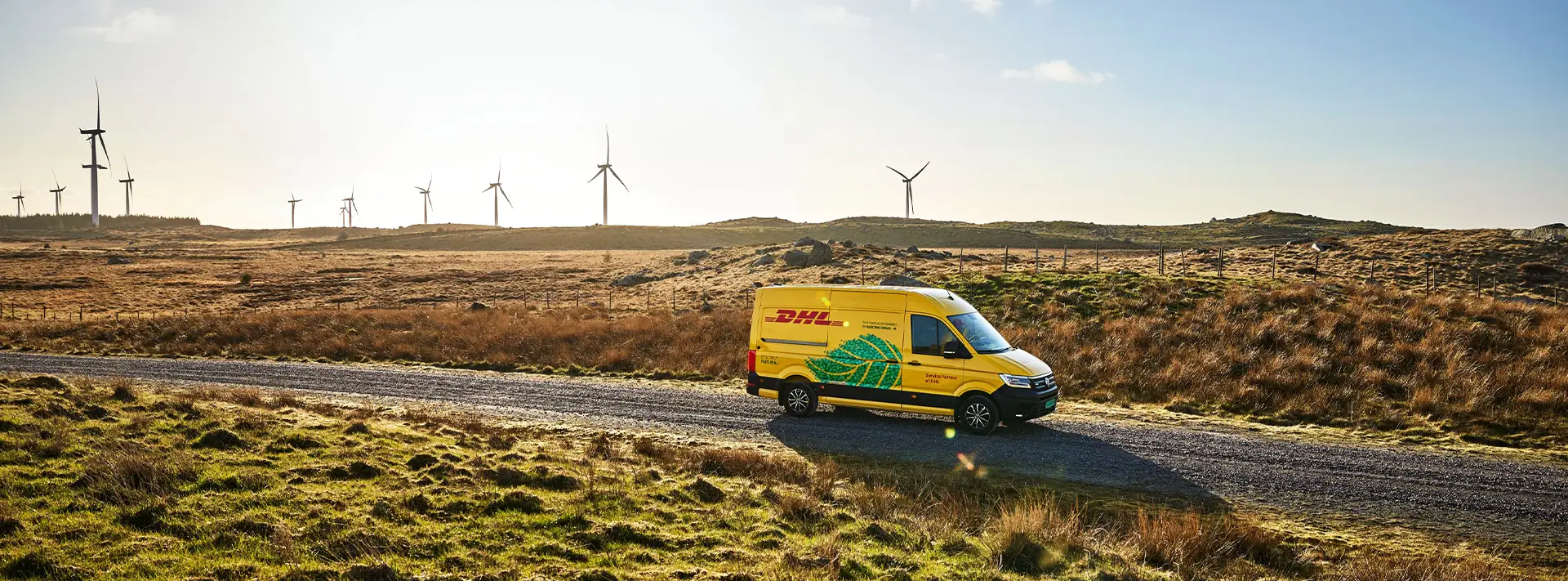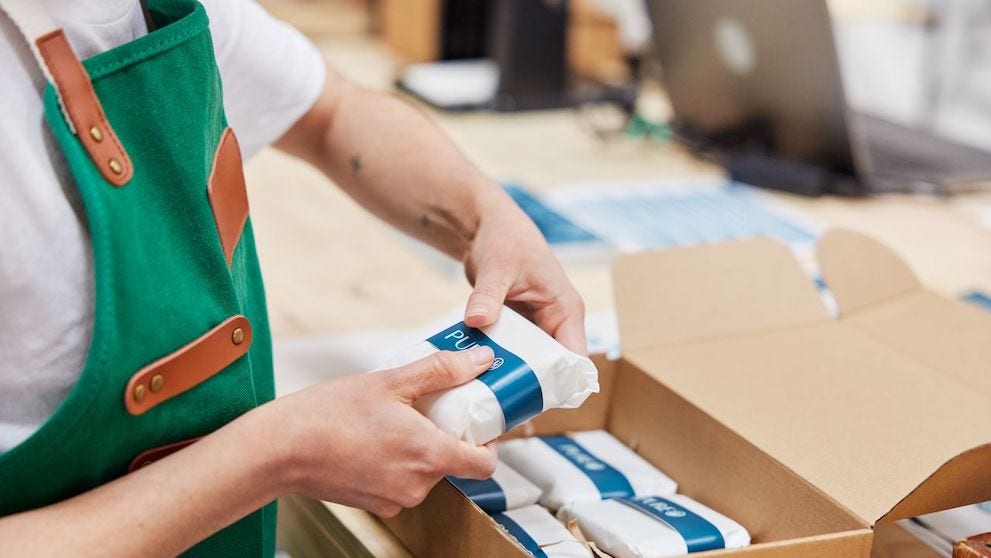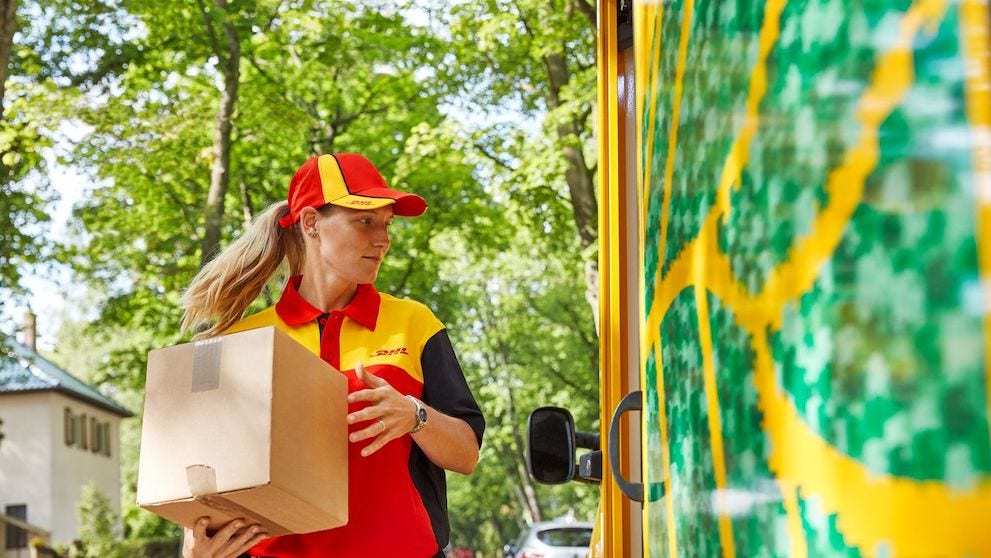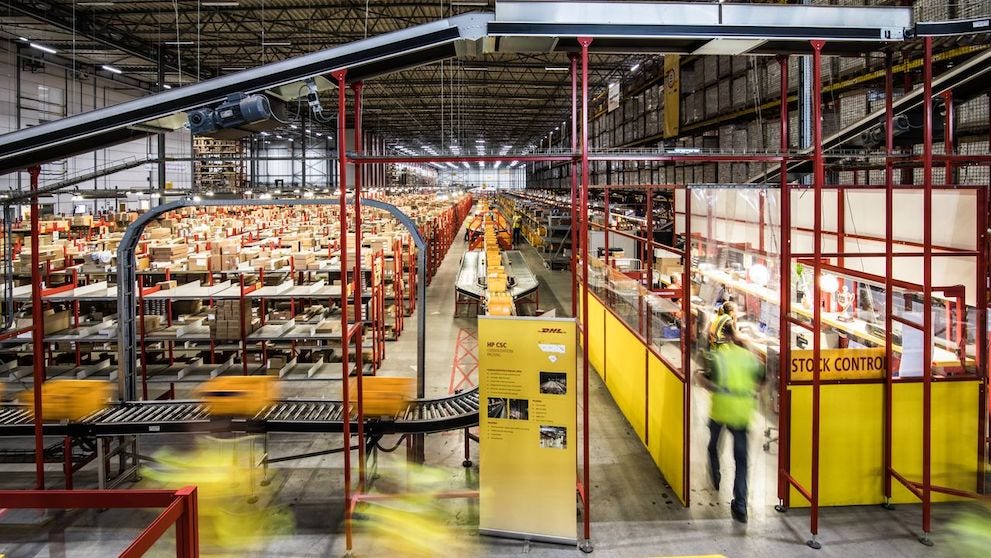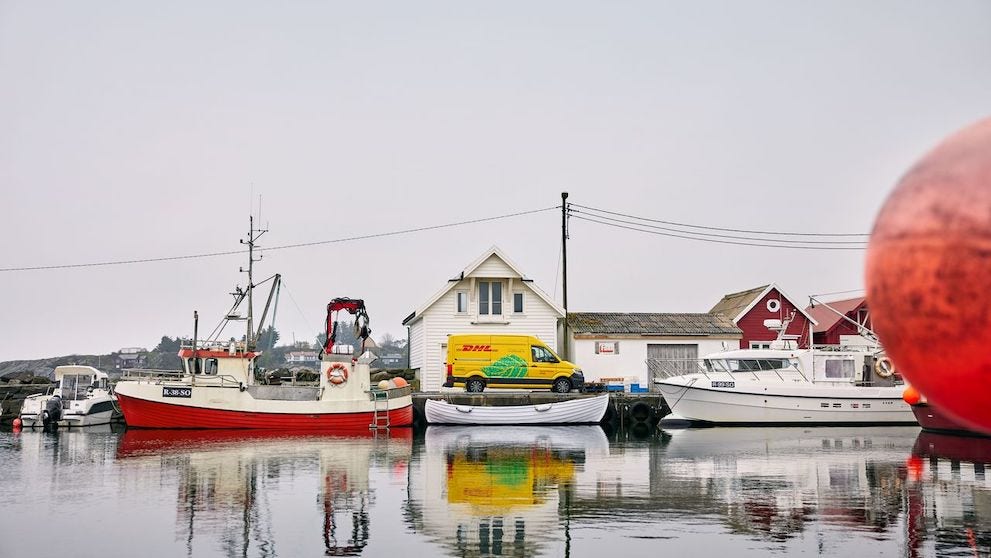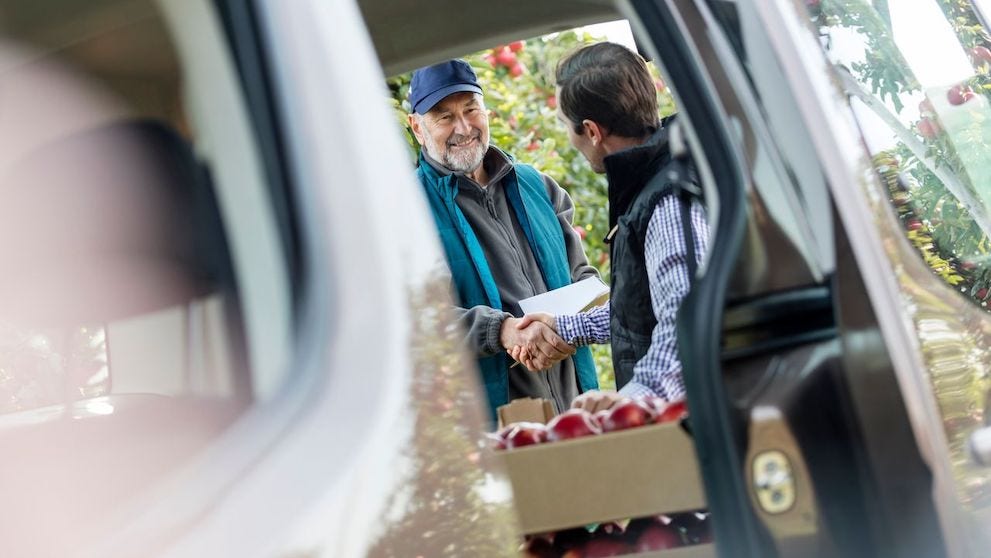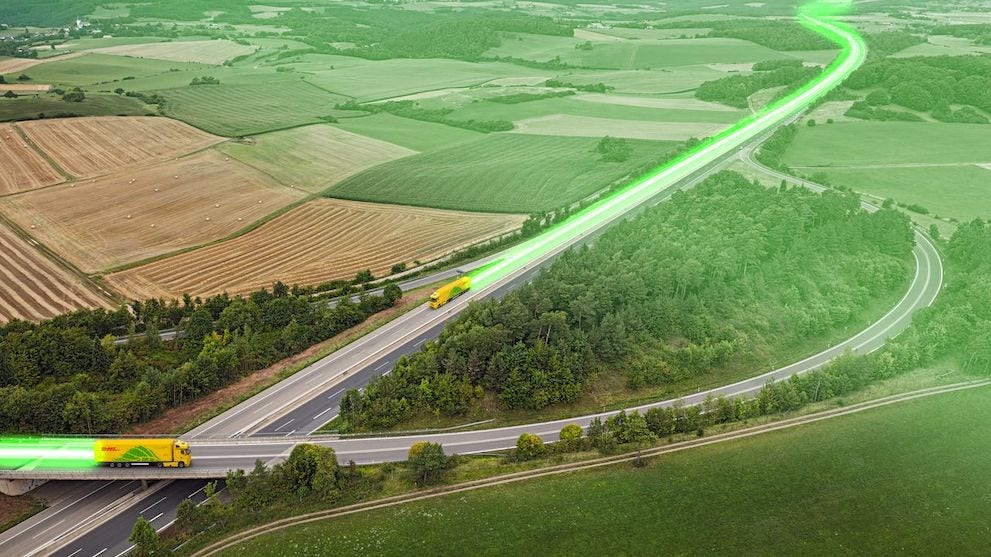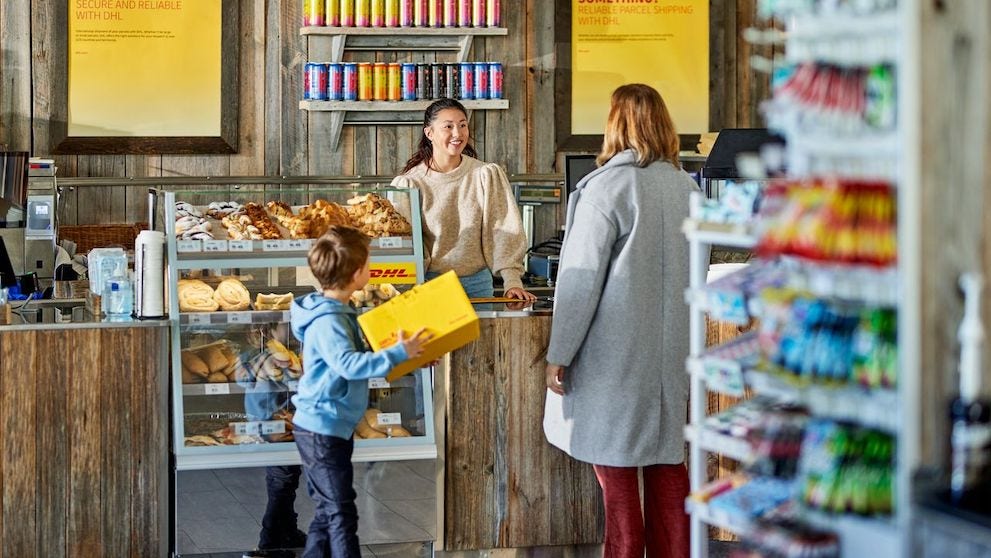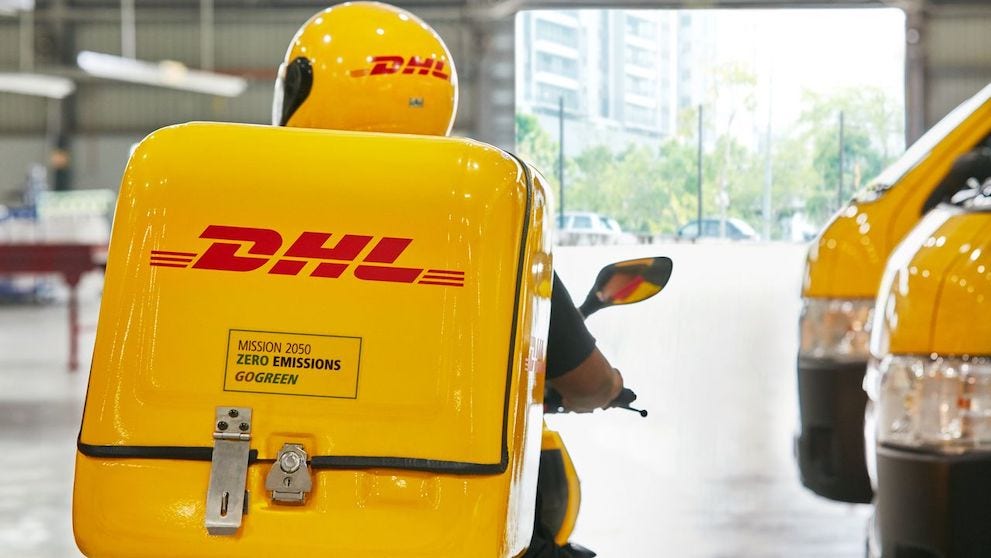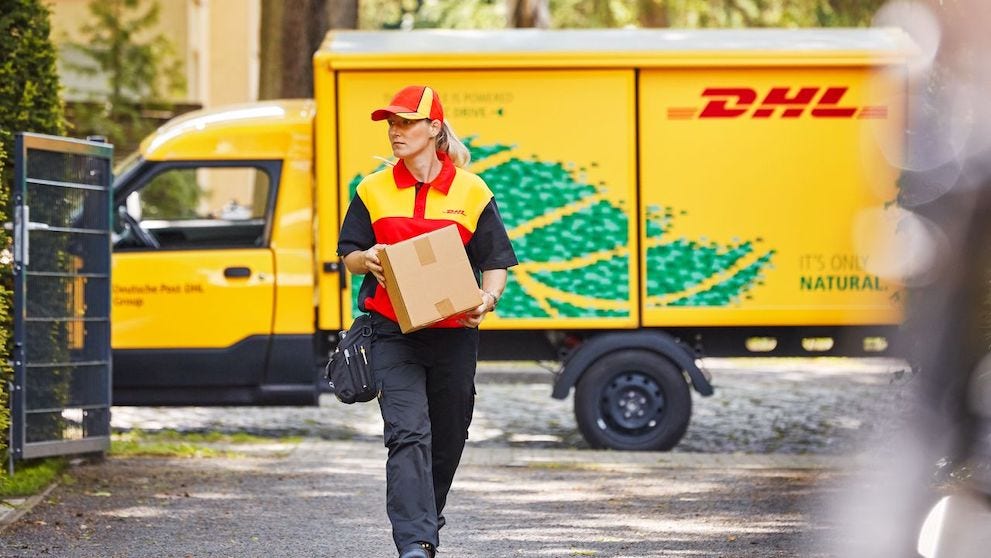
When it comes to reducing environmental impact, addressing Greenhouse Gas (GHG) emissions is always a priority concern. Greenhouse gas (GHG) emissions are categorised into three scopes:
- Scope 1 emissions: Covers direct greenhouse gas (GHG) emissions from owned or controlled sources
- Scope 2 emissions: Includes indirect greenhouse gas (GHG) emissions from the generation of purchased electricity, steam, heating, and cooling
- Scope 3 emissions: Encompasses all other indirect greenhouse gas (GHG) emissions that occur in a company’s value chain.
Among these, Scope 3 emissions account for the largest portion of a company’s carbon footprint, between 65% to 95%, according to PwC. GoGreen Plus is DHL Express' solution to help New Zealand businesses reduce their Scope 3 emissions and environmental impact via carbon insetting, done by opting to use Sustainable Aviation Fuel (SAF) for their shipments.
This article explores the critical role of Scope 3 emissions in the logistics supply chain and how DHL GoGreen Plus helps businesses manage and reduce these emissions effectively. Drawing insights from our whitepaper, Sustainability in Motion: Understanding Carbon Footprint in Logistics and Supply Chains Across Asia-Pacific Regions, we dive into the challenges and opportunities for reducing Scope 3 carbon emissions in the logistics sector.
The whitepaper provides an in-depth analysis of the various contributors to Scope 3 emissions, practical recommendations for New Zealand businesses, and real-world case studies demonstrating successful carbon insetting strategies through the adoption of Sustainable Aviation Fuel (SAF). By leveraging these insights, businesses can take actionable steps toward achieving their sustainability goals and making a tangible effort towards reducing their Scope 3 emissions.
Understanding the impact of Scope 3 emissions
Scope 3 emissions are defined as indirect emissions that occur throughout a company's value chain. According to Greenhouse Gas Protocol, Scope 3 emissions can be broken down into 15 categories:
- Purchased goods and services
- Capital goods
- Fuel and energy related activities not included in scope 1 or 2
- Upstream transportation and distribution
- Waste generated in operations
- Business travel
- Employee commuting
- Upstream leased assets
- Downsteam transportation and distribution
- Processing of sold products
- Use of sold products
- End-of-life treatment of sold products
- Downstream leased assets
- Franchise
- Investments
Logistics is a major link in many of these categories, particularly in transportation and distribution, manufacturing of goods, use of sold products, and end-of-life treatment of sold products. When we think of how to reduce Scope 3 emissions, the logistics sector is an ideal starting point due to its extensive networks and large-scale operations.
The Asia Pacific (APAC) region plays a pivotal role in the global logistics and supply chain market, contributing to the sector's overall carbon footprint. Modor Intelligence estimates the APAC logistics marketing to grow at a CAGR of 5.24% from 2023 to 2029, reaching US$4.56 trillion by 2029.
Among the logistics sectors in APAC, the biggest generators of Scope 3 emissions are:
Manufacturing
APAC is home to some of the world’s largest manufacturing hubs. The production, assembly and transportation of goods between these hubs and to the rest of the world contribute significantly to Scope 3 emissions due to the energy-intensive processes involved.
Air freight
The reliance on aviation for fast delivery results in high emissions from airplane fuel consumption. Despite the sector's commitment to achieving net zero emissions by 2050, it faces significant challenges in reducing its carbon footprint, mainly due to the slow development and adoption of sustainable aviation fuel (SAF) and newer technologies.
Maritime shipping
APAC plays a crucial role in global seaborne trade, but the sector faces complexity regarding who is responsible for sustainable shipping practices with multiple stakeholders such as ship owners, ports, and the energy-producing industry all involved.
E-commerce
The number of e-commerce users in Asia is projected to skyrocket by 46.98% between 2024 and 2029, reaching 2.18 billion users, positioning it to be a significant driver of Scope 3 emissions in the future. The rapid growth in e-commerce means increased demand for transportation, distribution, and related logistics services, which, in turn, amplifies the environmental impact.
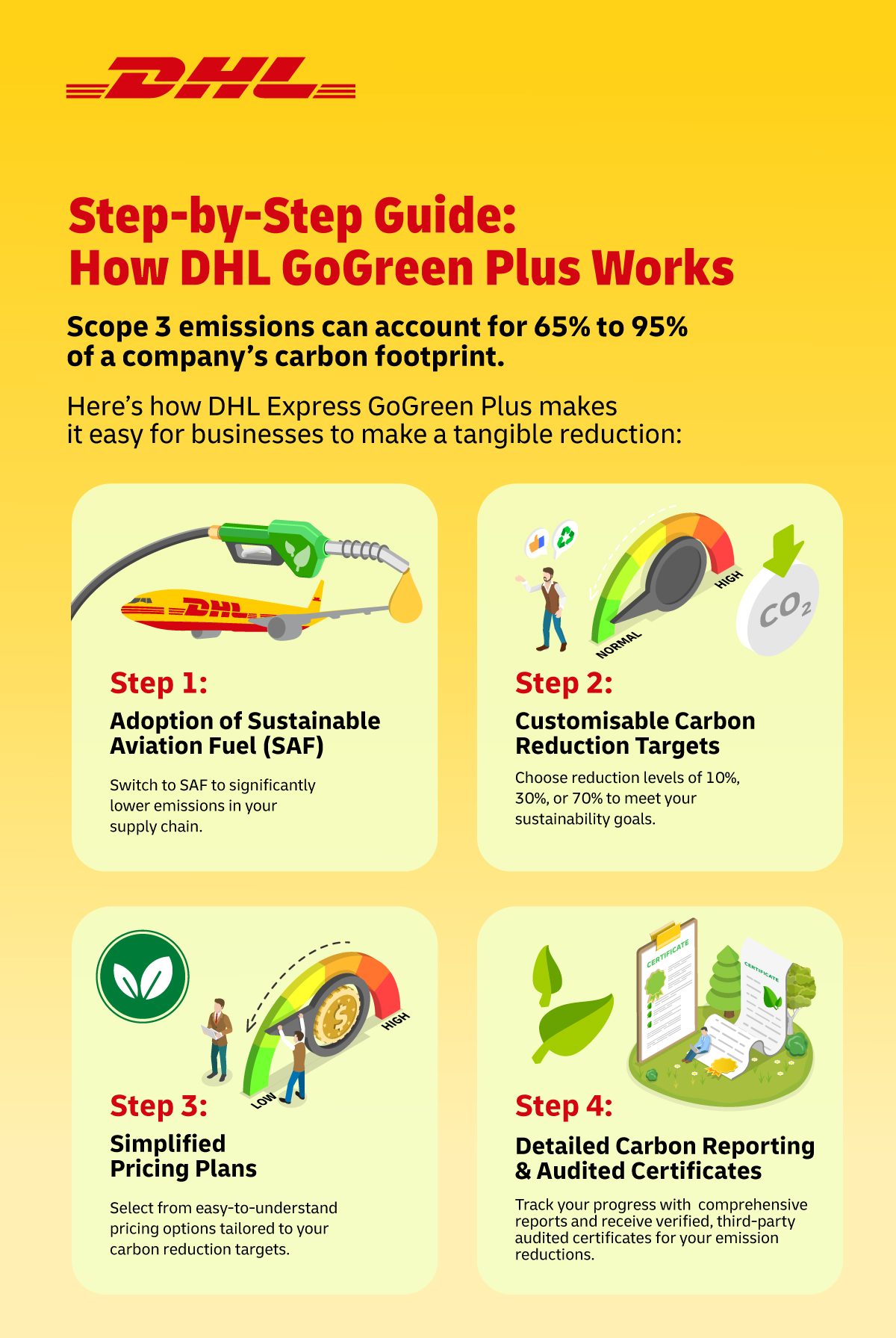
The DHL GoGreen Plus programme is designed to help New Zealand businesses manage and reduce their Scope 3 emissions by making it easy to adopt the use of sustainable aviation fuel (SAF) for shipments. By using SAF, Kiwi businesses can practice carbon insetting and reduce emissions directly within their supply chain for tangible emission reductions directly linked to the company’s activities. This not only supports regulatory compliance, but also meets the increasing consumer demand for sustainable practices — a critical factor for businesses looking to enhance their green credentials.
DHL GoGreen Plus also offers flexible carbon reduction goals, allowing New Zealand businesses to choose the level of reduction that aligns with their sustainability targets.
Customisable Carbon Reduction Options: Businesses can select from 10%, 30%, 50% or even 70% carbon reduction targets.
Simplified Pricing Plans: These plans correspond to the selected carbon reduction level, making it easy to integrate sustainability into logistics operations.
Additionally, DHL GoGreen Plus also simplifies the process for New Zealand businesses to track and monitor their carbon footprint. A carbon reporting dashboard at the end of the year with detailed, audited reports show exactly how much greenhouse gas (GHG) emissions have been reduced by using SAF, making it easier for companies to comply with regulations and enhance their green marketing efforts.
How a New Zealand business used DHL GoGreen Plus to reduce their Scope 3 emissions
New Zealand-made supplements and skincare brand, Jeuneora signed up for DHL’s GoGreen Plus service earlier this year to reduce their carbon emissions by 30% for their international shipments.
Jeuneora is renowned for being passionate about the environment, with officially becoming a B Corp business in August 2022, just one part of their sustainability journey. The B Corp certification measures a company’s approach and performance in sustainability and acknowledges the journey of continuous improvement.
As a successful New Zealand business, customers all over the world want to get their hands on Jeuneora’s locally made supplements and skincare. Jeuneora relies on DHL Express to connect them to their customers globally and this is where SAF comes in.
Reduce your Scope 3 emissions with DHL GoGreen Plus
Addressing Greenhouse Gas emissions is crucial for New Zealand businesses to achieve their corporate sustainability goals and ensure sustainable growth for the region. With Scope 3 emissions accounting for a significant portion of a company's carbon footprint, DHL GoGreen Plus provides an effective solution by enabling the easy adoption of sustainable aviation fuel (SAF) for businesses to practise carbon insetting.
Kiwi businesses can opt to use DHL GoGreen Plus in two ways:
- Select the SAF option when booking a shipment on MyDHL+
- Sign a contract to use DHL GoGreen Plus with the following options:
- Basic Contract: This plan allows businesses to choose from four levels of CO2 emissions reduction: Bronze (10%), Silver (30%), Gold (50%), or Platinum (70%), depending on their specific needs.
- Customised Offer: For businesses with unique shipping profiles and needs, this option allows for a more tailored CO2 emissions reduction plan, offering flexible carbon reduction targets.
By signing up for DHL GoGreen Plus, businesses can reap the benefits of reduced emissions, regulatory compliance, and improved brand reputation.
To learn more about how DHL Express can help your New Zealand business achieve its sustainability goals, we encourage you to download our Sustainability in Motion Whitepaper to discover detailed insights and strategies to make your logistics operations more sustainable and efficient.
Download the Sustainability in Motion Whitepaper
Understanding carbon footprints in logistics and supply chains across Asia-Pacific regions
